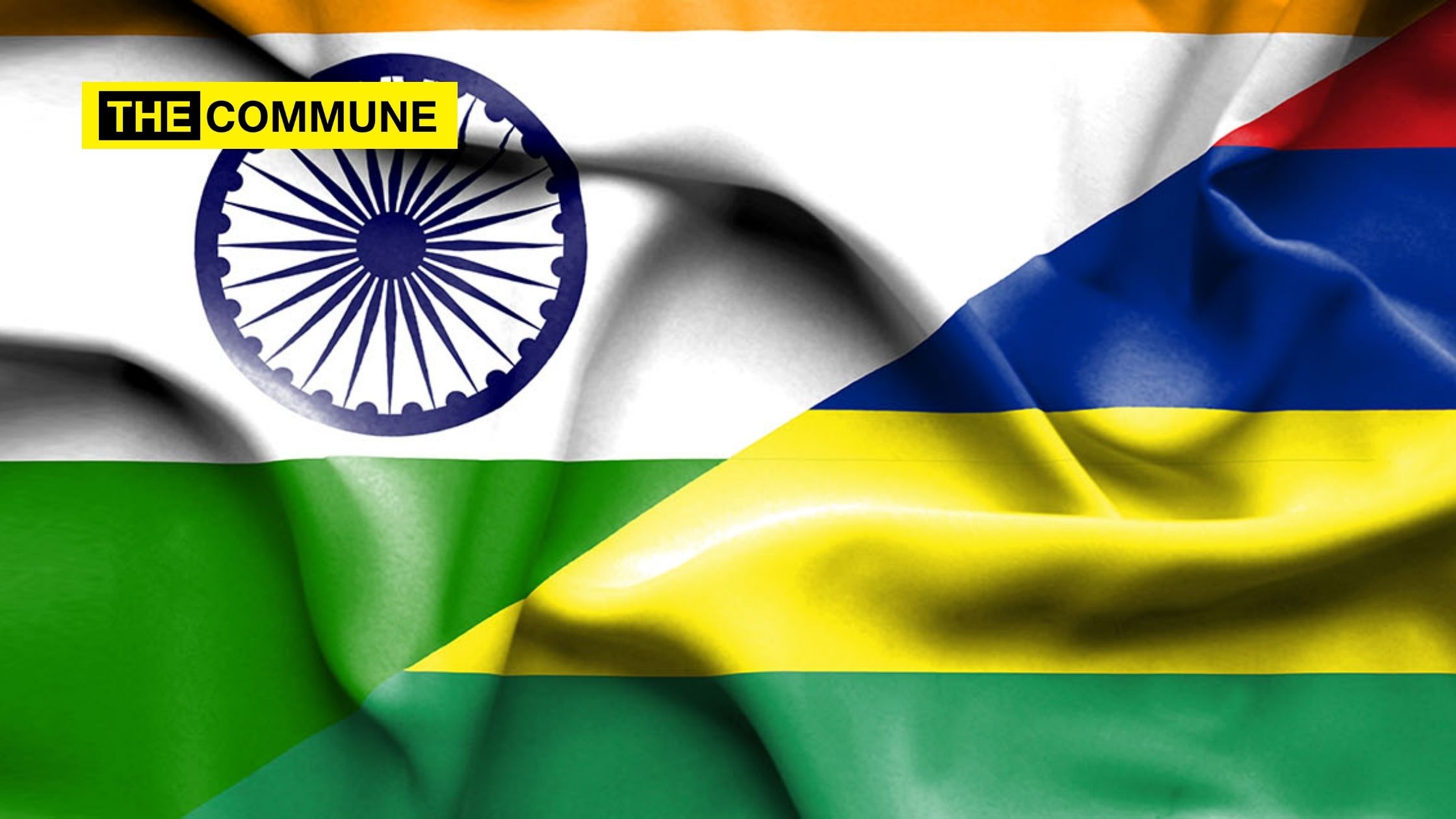
The Union Cabinet, chaired by the Prime Minister Narendra Modi approved signing of the Comprehensive Economic Cooperation and Partnership Agreement (CECPA) between India and Mauritius on February 17, 2021.
The India-Mauritius CECPA will be the first trade Agreement to be signed by India with a country in Africa. The Agreement is a limited agreement, which will cover Trade in Goods, Rules of Origin, Trade in Services, Technical Barriers to Trade (TBT), Sanitary and Phytosanitary (SPS) measures, Dispute Settlement, Movement of Natural Persons, Telecom, Financial services, Customs Procedures and Cooperation in other Areas.
CECPA provides for an institutional mechanism to encourage and improve trade between the two countries. The CECPA between India and Mauritius covers 310 export items for India, including food stuff and beverages (80 lines), agricultural products (25 lines), textile and textile articles (27 lines), base metals and articles thereof (32 lines), electricals and electronic item (13 lines), plastics and chemicals (20 lines), wood and articles thereof (15 lines), and others. Mauritius will benefit from preferential market access into India for its 615 products, including frozen fish, speciality sugar, biscuits, fresh fruits, juices, mineral water, beer, alcoholic drinks, soaps, bags, medical and surgical equipment, and apparel.
As regards trade in services, Indian service providers will have access to around 115 sub-sectors from the 11 broad service sectors such as professional services, computer related services, research & development, other business services, telecommunication, construction, distribution, education, environmental, financial, tourism & travel related, recreational, yoga, audio-visual services, and transport services.
India has offered around 95 sub-sectors from the 11 broad services sectors, including professional services, R&D, other business services, telecommunication, financial, distribution, higher education, environmental, health, tourism and travel related services, recreational services and transport services.
Both sides have also agreed to negotiate an Automatic Trigger Safeguard Mechanism (ATSM) for a limited number of highly sensitive products within two years of the Signing of the Agreement.
The Agreement will be signed by the concerned from both the countries on a mutually convenient date and will come into force from 1st date of the following month.
(Published from PIB)
Click here to subscribe to The Commune on Telegram and get the best stories of the day delivered to you personally.




